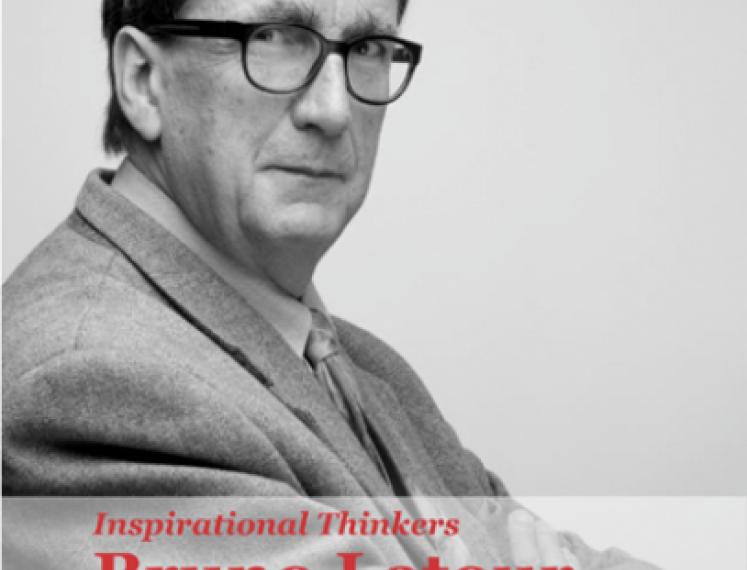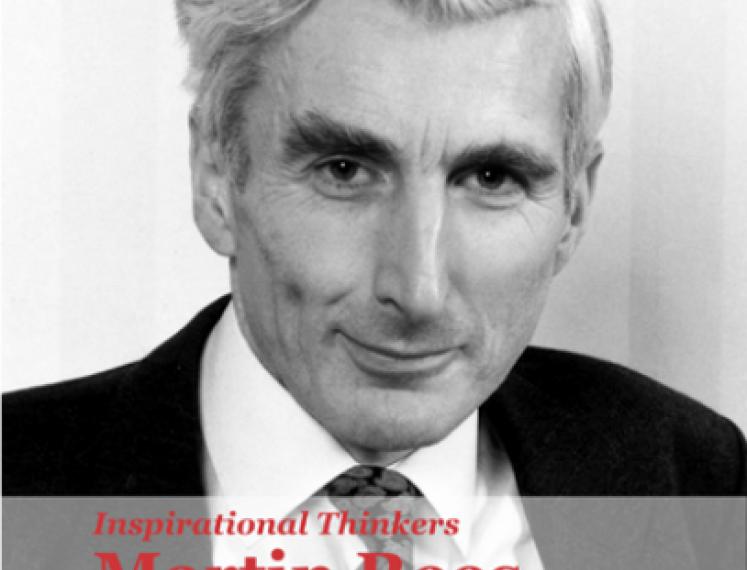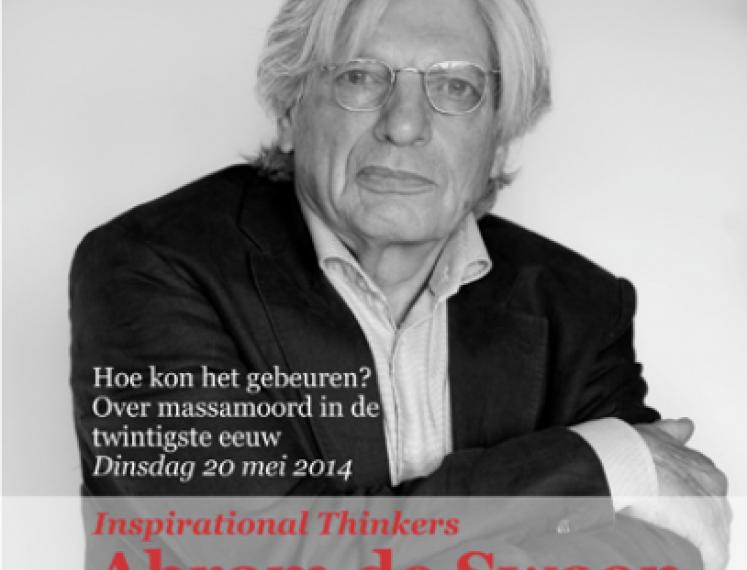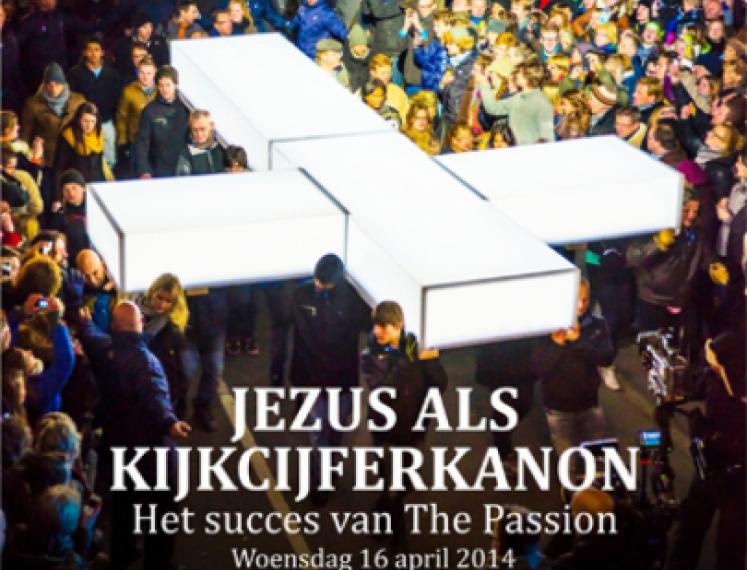Nieuwe Kerk
Nieuwe Kerkhof
Nieuwe Kerkhof
Nederland
Beyond Belief
Is it possible to describe the relation between believers and their divinities in a more nuanced way, rather than sticking to the dichotomy of ‘knowledge’ versus ‘belief’?
The relationship between ‘knowledge’ and ‘belief’ is most often described in terms of rivalry, competition, or mutual exclusion. But these antagonisms are also a product of knowledge regimes that create the dichotomies they pretend to describe. In this lecture, Bruno Latour, one of the most influential thinkers in the field of sociology of knowledge and the philosophical and anthropological basis of what we think we know, will engage the topic from a new angle. He looks at the complex relationships between religious adepts (‘believers’) and their divinities. Is it possible to describe this relation in a more nuanced way, rather than sticking to the dichotomy of ‘knowledge’ versus ‘belief’? Does a pluralist interpretation open a public space different from the one invented in the past as a solution to religious conflict and wars?
Bruno Latour was trained first as a philosopher and then an anthropologist. From 1982 to 2006, he has been professor at the ‘Centre de sociologie de l'Innovation’ at the ‘Ecole nationale supérieure des mines’ in Paris and, for various periods, visiting professor at UCSD, at the London School of Economics and in the history of science department of Harvard University. He is now professor at ‘Sciences Po Paris’ where, after five years (2007-2012) he is no longer the vice-president for research. After field studies in Africa and California he specialized in the analysis of scientists and engineers at work. In addition to work in philosophy, history, sociology and anthropology of science, he has collaborated into many studies in science policy and research management. Latour has written many influential books, e.g. ‘Laboratory Life’ (1986), Science in Action (1988) and ‘We have never been modern’ (1993)
This lecture is part of the Conference 2014 ‘Religion and Plurality of Knowledge’ of the Dutch Association for the Study of Religion (NGG), the European Association for the Study of Religions (EASR) and the International Association for the History of Religions (IAHR).
The lecture series is part of the lustrum project ‘400 Days for Questions’ of the Groningen University.





